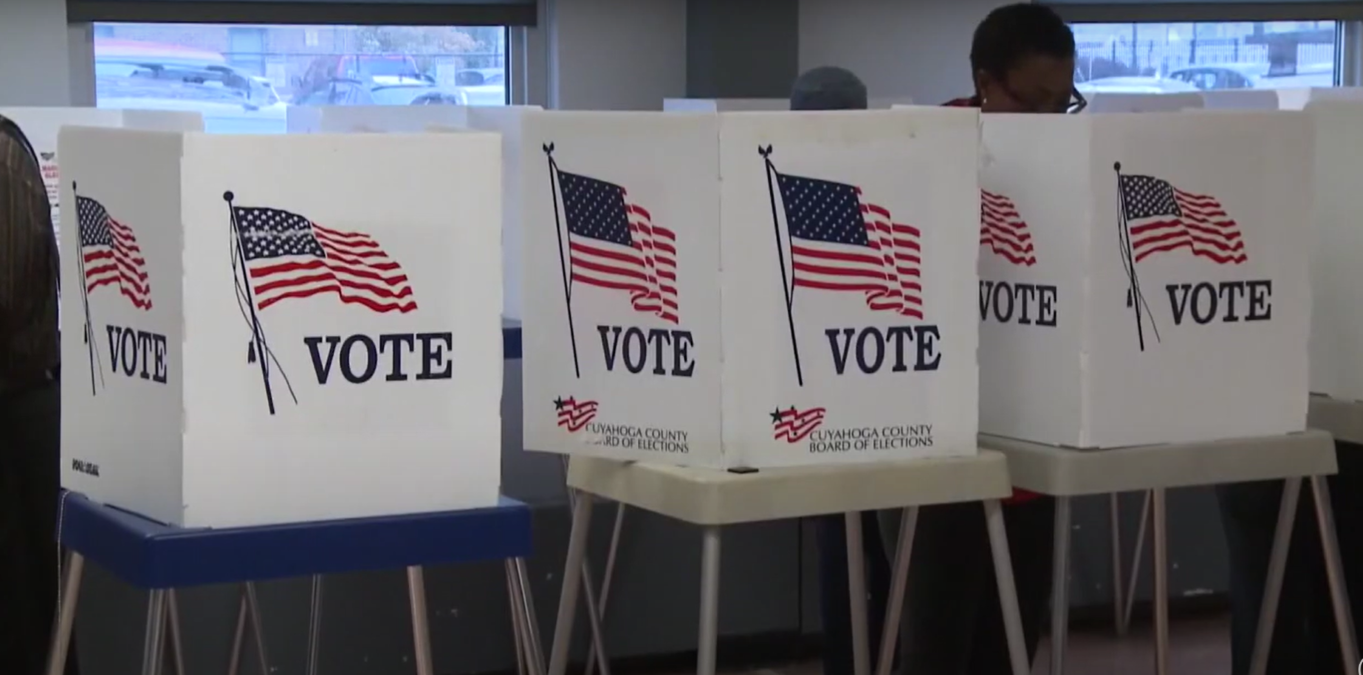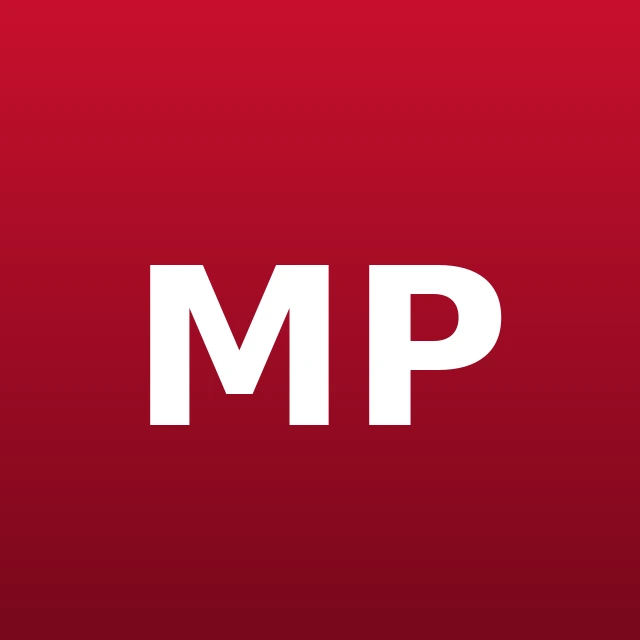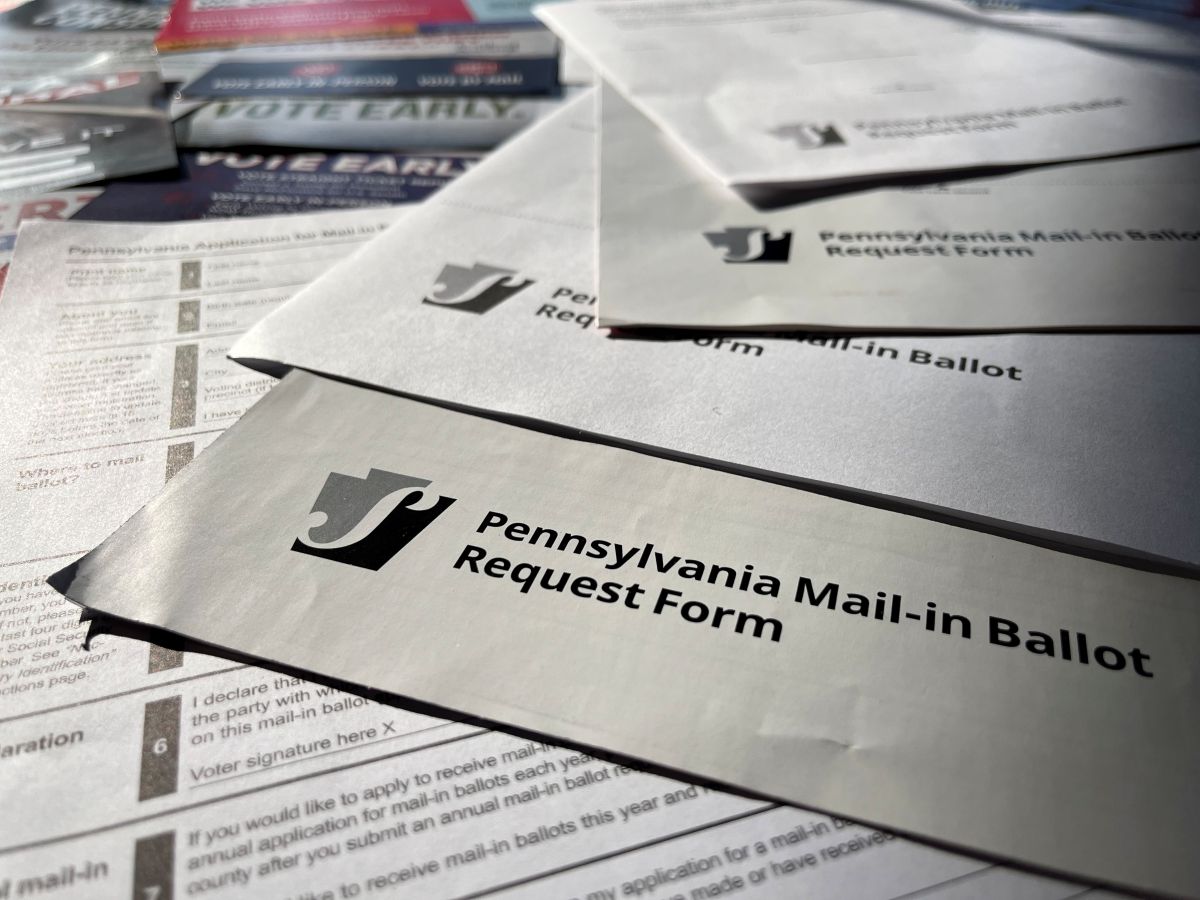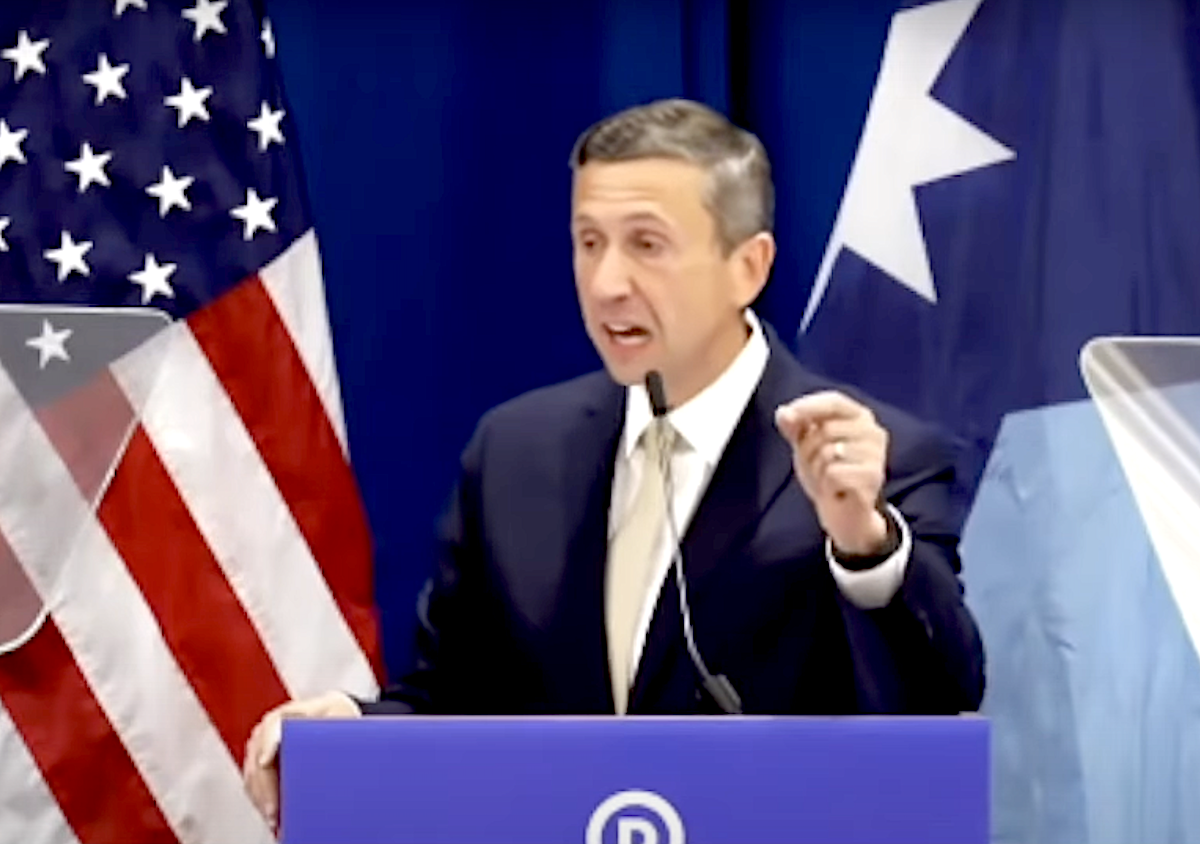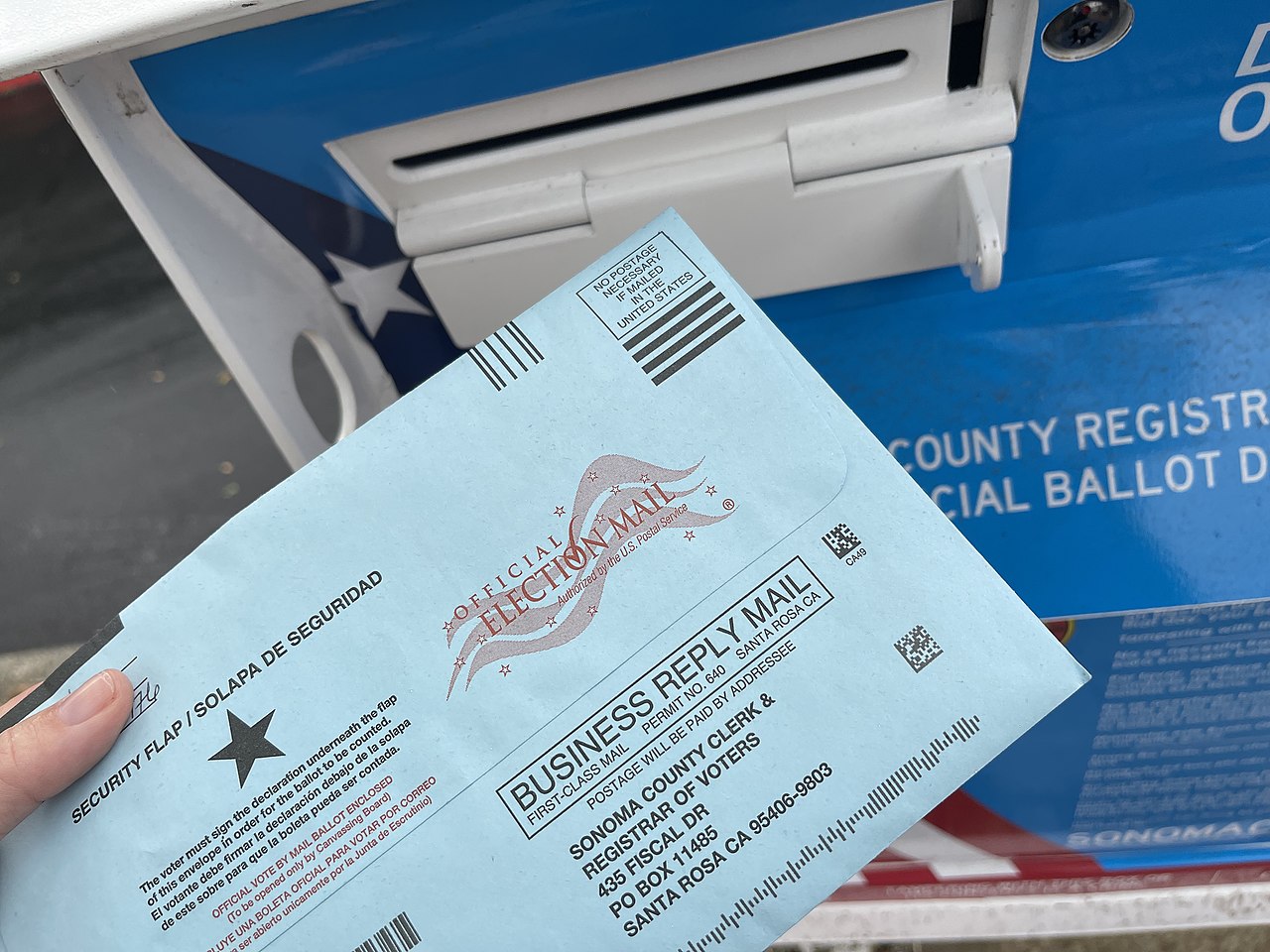In recent discussions surrounding election integrity, claims have emerged regarding the appointment of a new watchdog by former President Donald Trump. Critics, particularly from left-leaning media outlets, have alleged that this initiative is rooted in misinformation and conspiracy theories. These assertions have sparked significant debate about the legitimacy and intentions behind the establishment of this watchdog.
The leftist media has been particularly vocal in their criticism, suggesting that the new election integrity watchdog is merely a front for perpetuating false narratives about election fraud. They argue that the appointment of certain individuals associated with conspiracy theories undermines the credibility of the initiative. This has led to a broader conversation about the role of media in shaping public perception of election-related matters.
Supporters of the watchdog contend that it is a necessary measure to ensure transparency and accountability in the electoral process. They argue that the initiative aims to address legitimate concerns about election integrity, particularly in light of the contentious debates surrounding the 2020 presidential election. Proponents believe that the watchdog will help restore public confidence in the electoral system.
The controversy surrounding the watchdog’s formation has also highlighted the divide between different media narratives. While leftist outlets focus on alleged falsehoods and conspiracy theories, supporters of the initiative emphasize the importance of safeguarding elections from potential fraud. This dichotomy reflects the broader polarization in American politics, where differing viewpoints often lead to conflicting interpretations of the same events.
As the discussions continue, it remains to be seen how the new election integrity watchdog will operate and what impact it will have on future elections. The ongoing debate underscores the critical need for clear communication and factual reporting in the media, particularly on issues as vital as election integrity. The outcome of this initiative could have lasting implications for public trust in the electoral process and the media’s role in informing the public about such initiatives.
READ Trump Administration Seeks Supreme Court Relief in USAID Funding Dispute